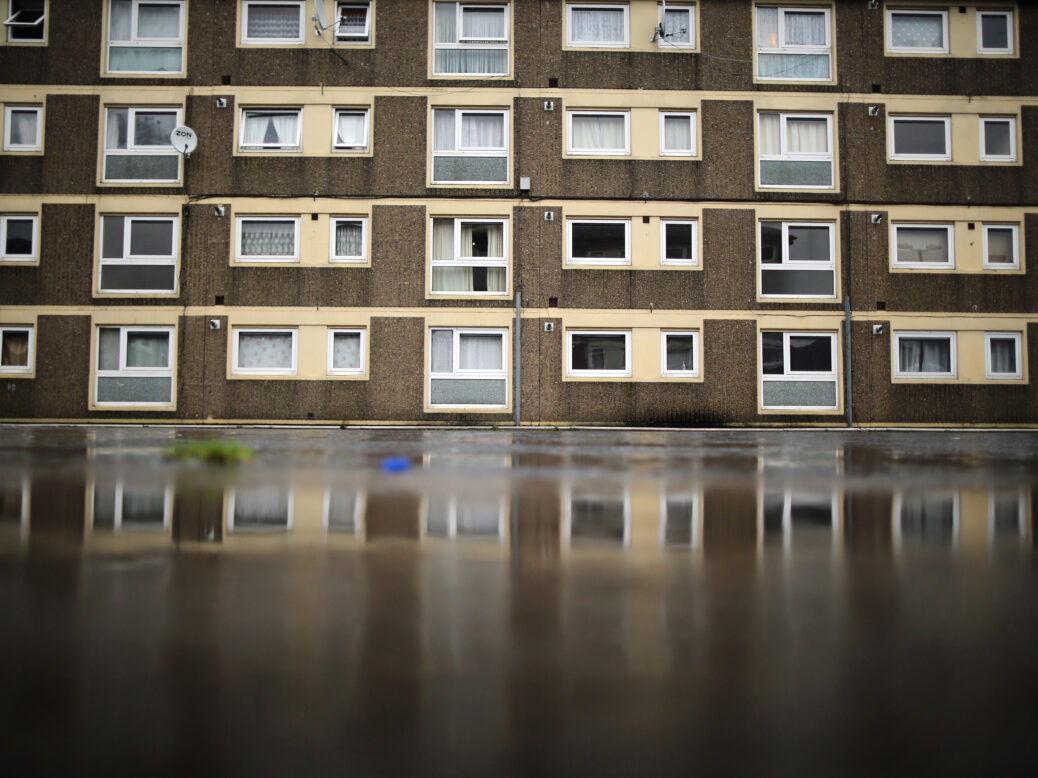
London has the highest proportion of non-decent council housing in the country – meaning that government action is needed in the capital if it is to meet a core levelling-up aim.
Reducing the number of non-decent homes is one of the key missions of the government’s levelling-up programme. By 2030, the government aims to reduce the number of non-decent homes by 50 per cent, with the biggest improvements happening in the worst areas.
The government’s mission covers non-decent housing in both the private rental sector, where an estimated 23.3 per cent of homes were non-decent in 2019, and social housing, where around 12.3 per cent are non-decent. Owner-occupiers are ignored as they have more “ability to make improvements for themselves”.
Looking at private rentals, around 34 per cent of privately rented homes are non-decent in Yorkshire and the Humber, compared to 17 per cent in the south-east, a pattern that follows the typical levelling-up narrative of the regions being worse off.
However, figures from local authorities show that London leads the way when it comes to being housed in unsuitable council accommodation – an area that the government can more easily influence.
Around 15.3 per cent of local authority homes are currently classed as non-decent in London – more than any other region. It’s followed by the south-east (9.3 per cent) – a region that is usually overlooked in levelling-up discussions.
By law a decent home has to be in reasonable state of repair, have modern facilities and services, and provide a reasonable degree of thermal comfort, as well as being free of serious hazards. Criteria such as accessibility are not currently covered by the law.
However, the government is currently reviewing the Decent Homes Standard “to make it fit for the present day”, with a public consultation expected this summer.
When government figures on non-decent housing by region were released in February, Karen Buck, MP for Westminster North, said: “MPs, along with councillors and advice agencies, find themselves dealing with far too many cases of people in horrifying housing conditions. Whilst the private rented sector has a higher proportion of substandard housing, it is obvious that a serious problem exists in social housing too.”
This is a problem that has implications beyond housing itself. A report last year by building science organisation the Building Research Establishment found that the ill health and injuries caused by poor housing could be costing the NHS around £1.4bn a year in treatment bills.





